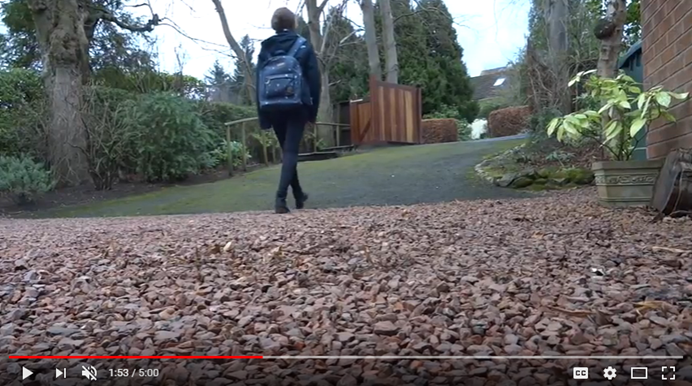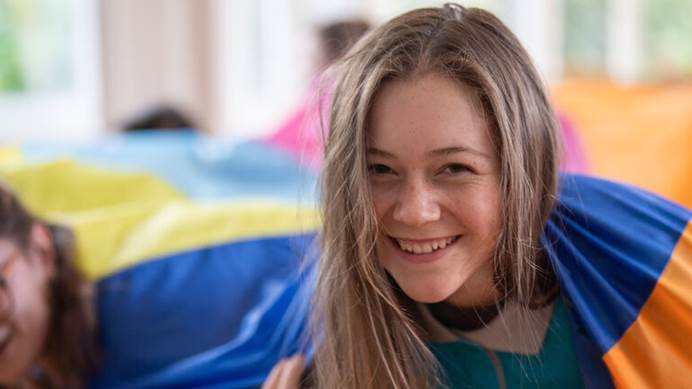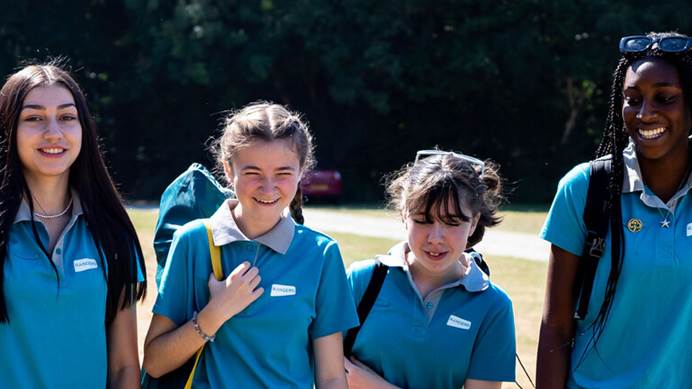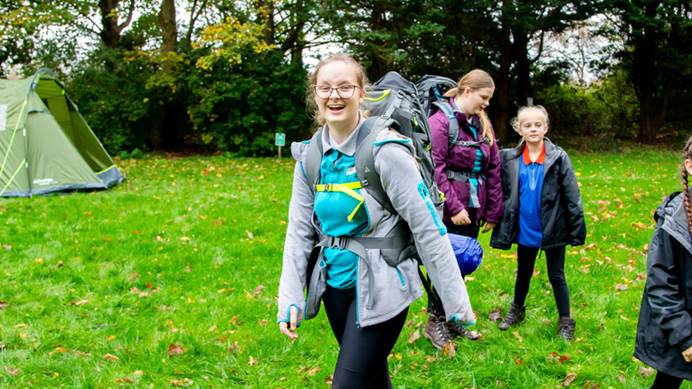Campaign to end sexual harassment in schools
Girlguiding Advocates explain why sexual harassment in schools is still an urgent issue we all need to address
March 2021
Over the past few weeks, headline after headline has made clear how unsafe girls and women feel in their everyday lives. Limiting their freedoms and damaging their wellbeing.
Whether it’s at school, or on their way home, girls and young women face relentless harassment and abuse. In 2017, Girlguiding’s Girls’ Attitudes Survey revealed that 64% of girls and young women aged 13 to 21 had experienced sexual harassment in school in the past year. And more than a quarter (27%) had seen or experienced girls’ skirts being pulled up by boys at school.
This unacceptable and shocking reality isn’t new. In 2015, the then Advocate panel launched Girlguiding’s campaign to tackle sexual harassment in schools, helping to show the extent of the issue and calling for new guidance for schools and compulsory Relationships and Sex Education (RSE). We supported the Women and Equalities Select Committee inquiry into sexual harassment and sexual violence in schools, which clearly showed the government how endemic this issue is in their 2016 report.
When the government announced RSE would be made compulsory in England in 2017 and published new guidance for schools on tackling sexual harassment, it was assumed this would be a turning point. It’s been devastating to many girls’ lives that years on, the reality is, nothing has changed.
Abuse and harassment on this scale needs to be addressed by everyone. The burden mustn’t fall on girls and young women to try to change this on their own.’
What next?
Girlguiding would like to see:
- Government take the lead to enable the change needed across society. We welcome the government’s announcement to review sexual harassment in schools, including asking Ofsted to undertake an immediate review of safeguarding policies in state and independent schools. We'd also like to see a change in the law to make public sexual harassment a crime. To send a clear message that this behaviour is not tolerated.
- Social media companies step up and address the ways in which their platforms are being used to cause harm to girls and young women as a result of harassment and abuse online.
- Schools create safe environments and inclusive cultures by properly implementing the current guidance and take a zero-tolerance stance to sexual harassment. And deliver high quality lessons about respect, sexual consent, challenge stereotypes around girls and boys roles and attitudes, and ensure girls bodies aren’t seen as spaces to be objectified and scrutinised.
- Parents use this as an opportunity to speak to their children about this issue. And to listen to their experiences.
It’s clear not enough has been done and we'll continue to listen to girls and be led by them so that all schools are safe and equal, and girls and young women get the education they deserve.
Advocate short film
Katie, one of our Advocates, made this short film in 2017 on sexual harassment in school. She went on to win The John Bryne Award.
When girls experience sexual harassment, their power is taken from them, and the space is claimed by the perpetrator. The effects of this are huge - Katie, Advocate





